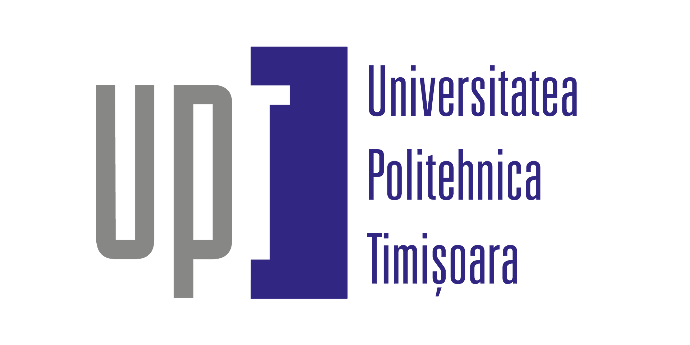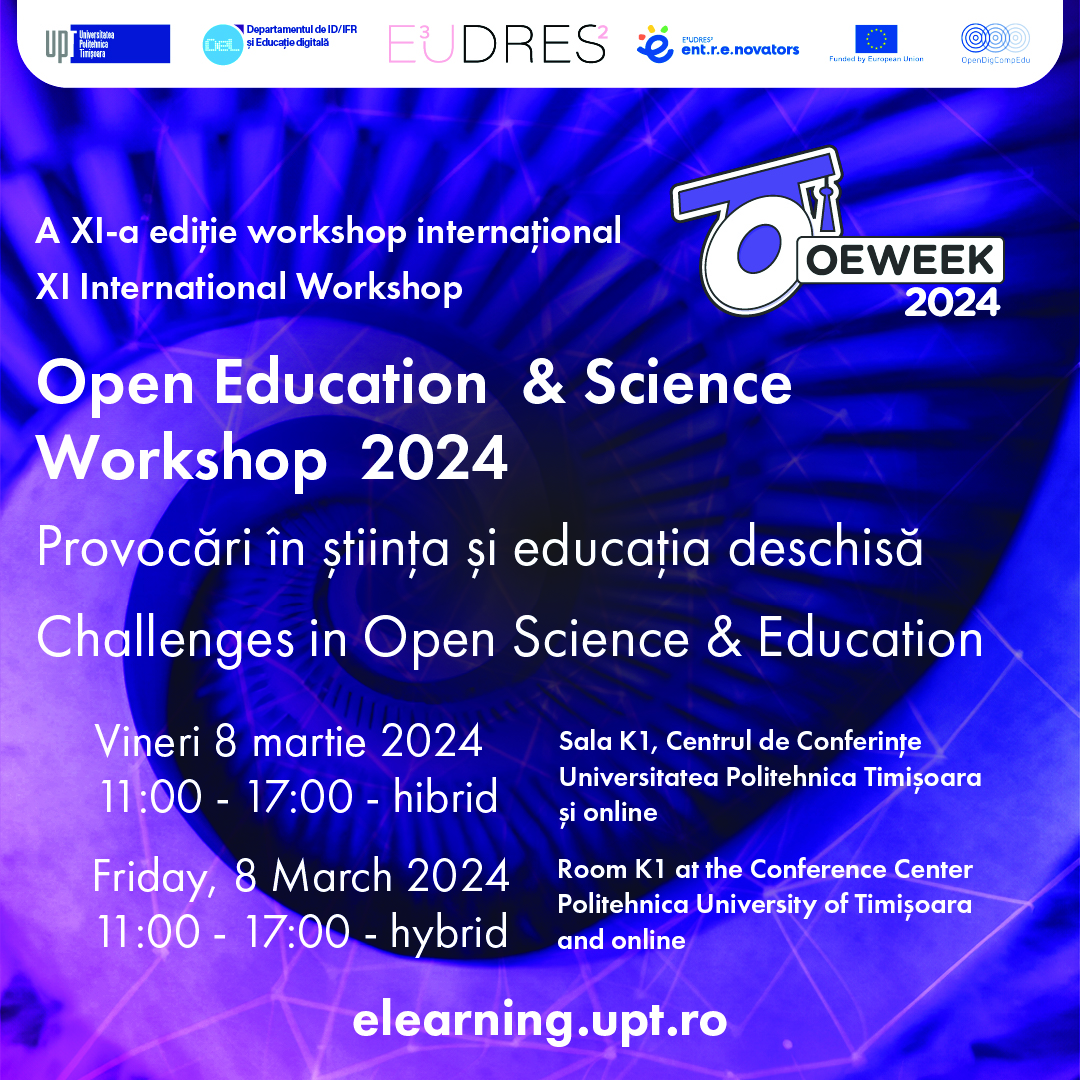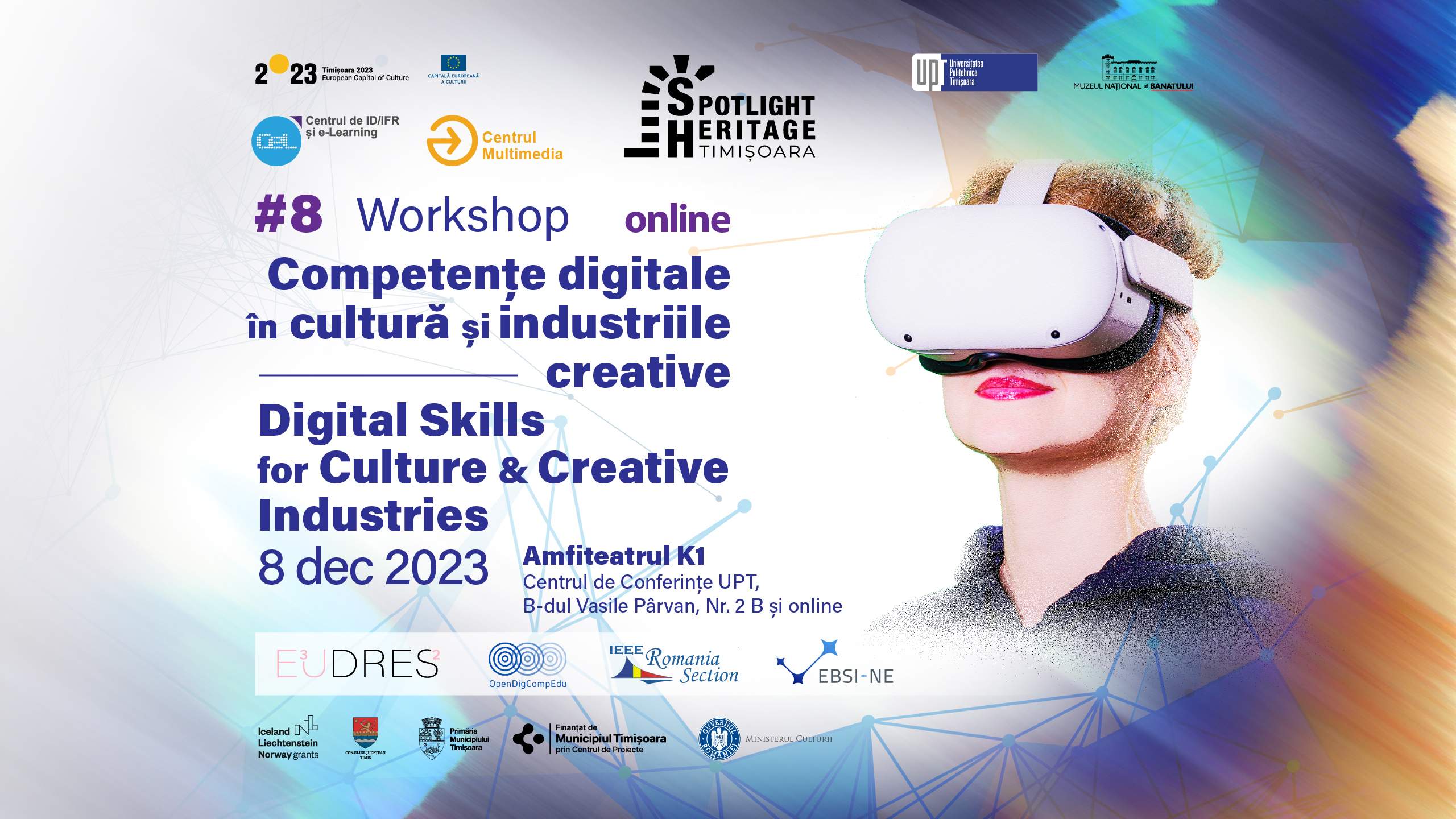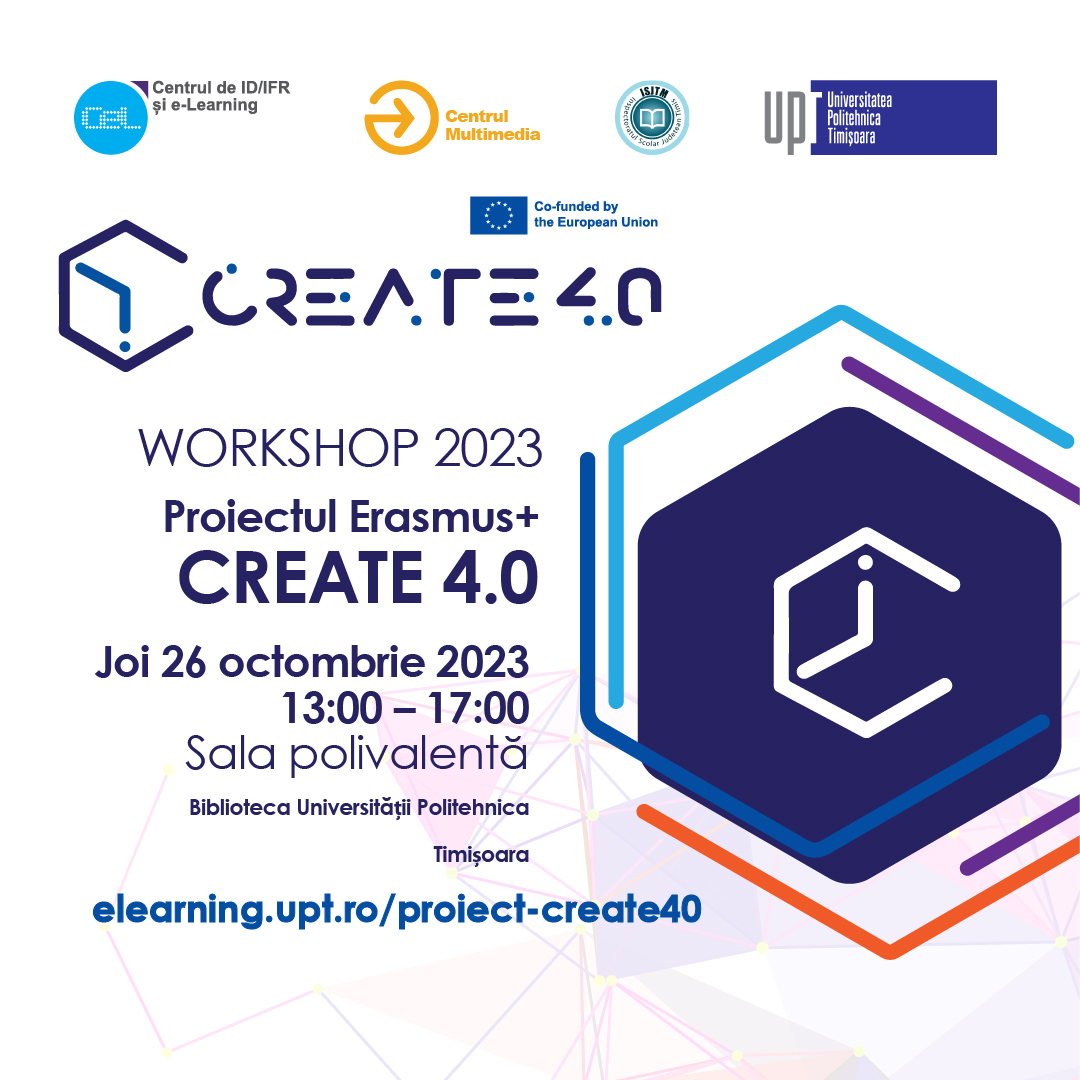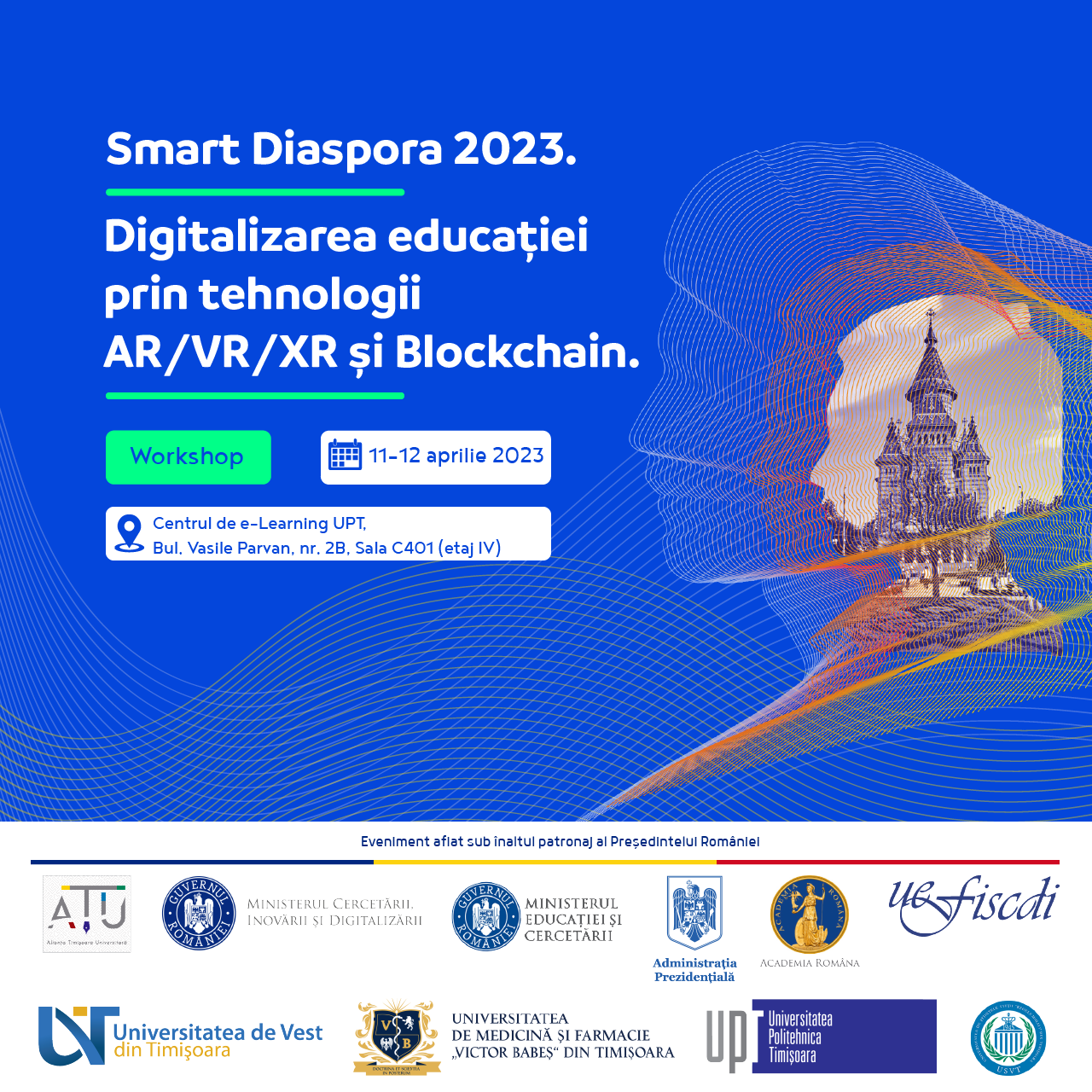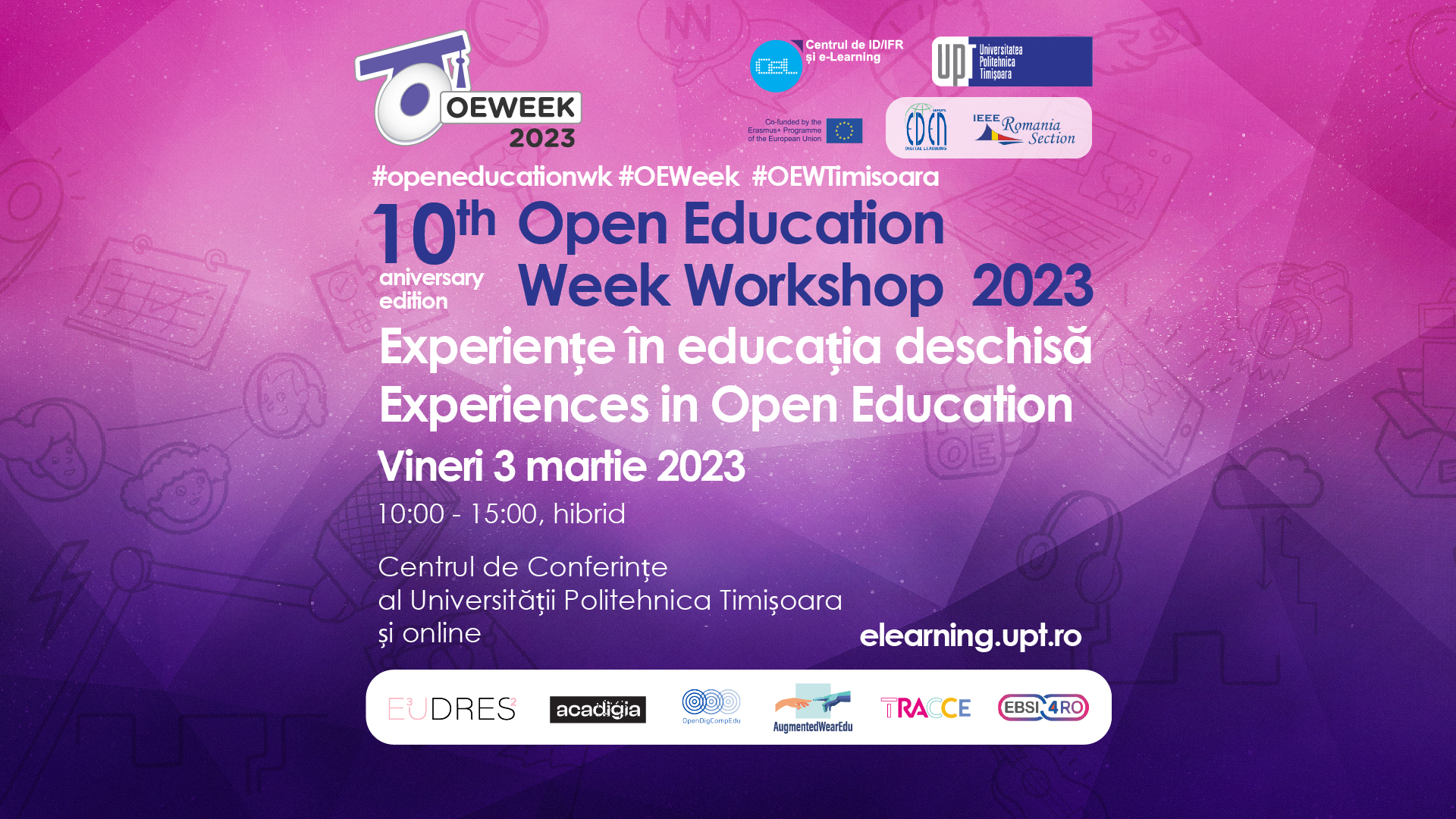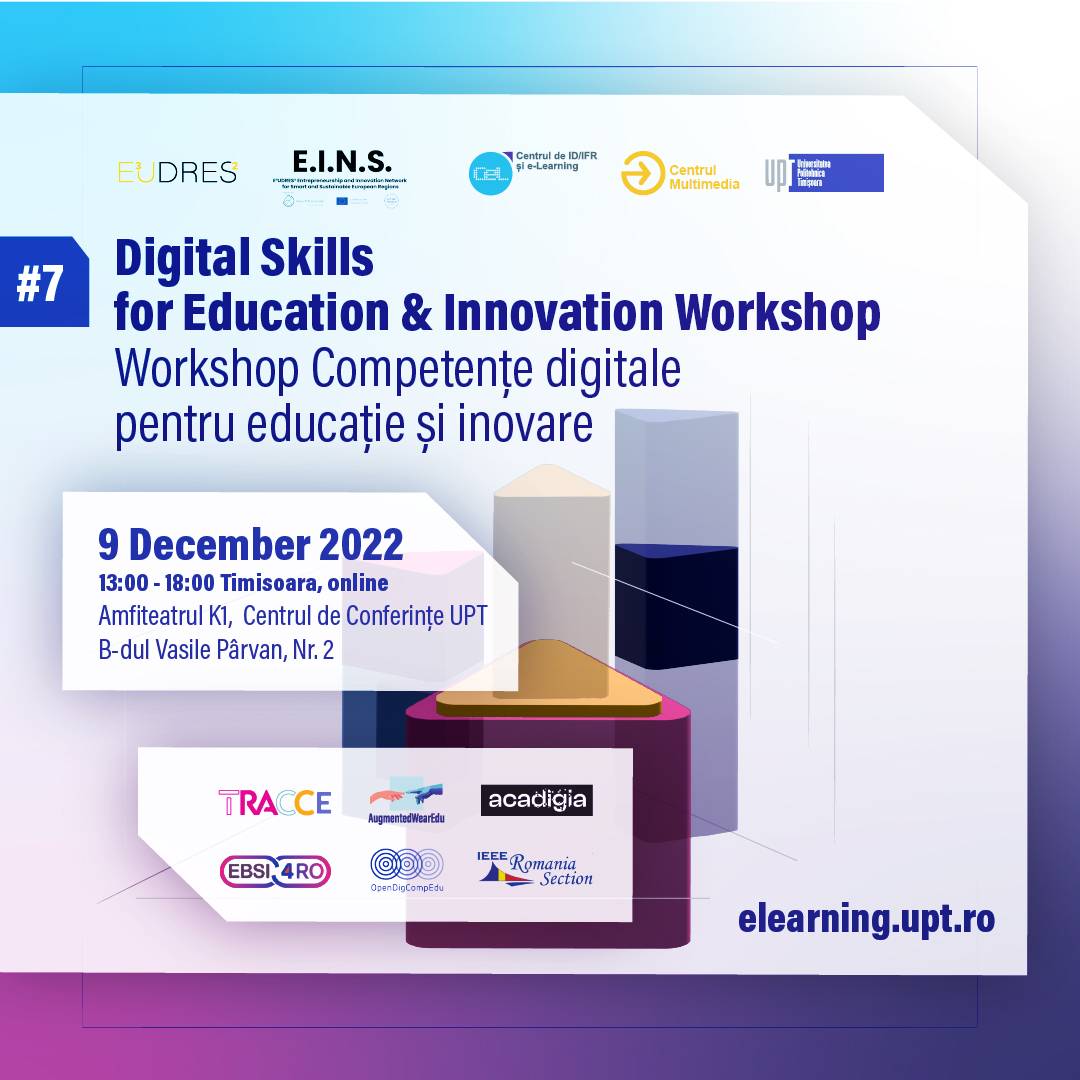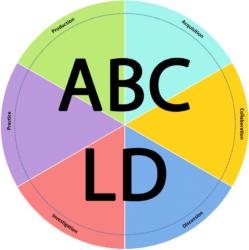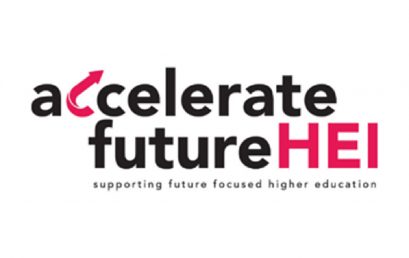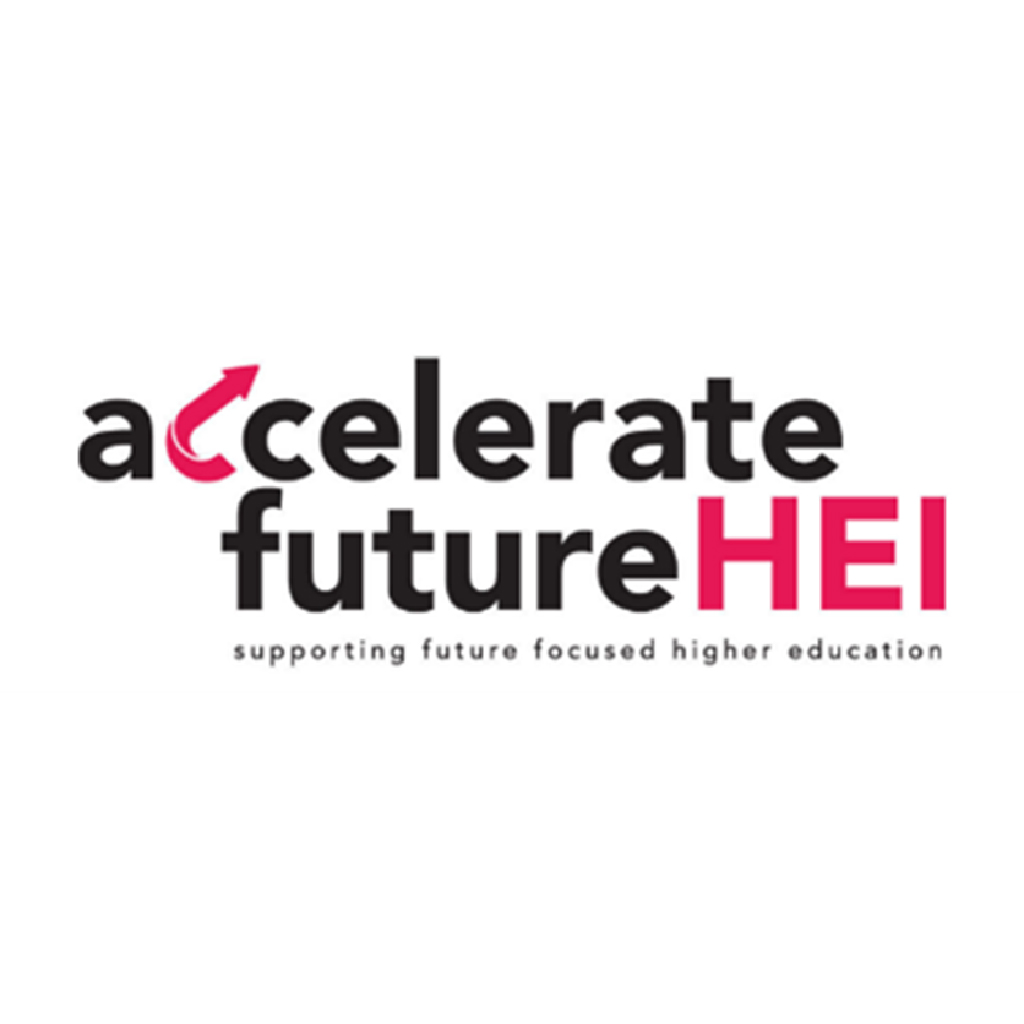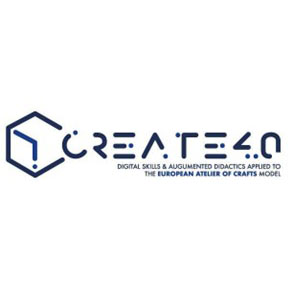

Create4.0 project
General information Project type: Erasmus+ Project title: European Atelier of Crafts 4.0. – Digital Skills and Augmented Didactics applied to the European Atelier of Crafts Model (CR.E.ATE 4.0) Project number: 2021-1-IT01-KA220-VET-000033022 Period: 1.11.2021 – 31.10.2023 UPT Coordinator: Șl. Dr. Eng. Andrei Ternauciuc Coordinator: ECIPA UMBRIA SCARL (IT) Department: UPT e-Learning Center Partners: ECIPA UMBRIA SCARL […]


Create4.0 project
General information Project type: Erasmus+ Project title: European Atelier of Crafts 4.0. – Digital Skills and Augmented Didactics applied to the European Atelier of Crafts Model (CR.E.ATE 4.0) Project number: 2021-1-IT01-KA220-VET-000033022 Period: 1.11.2021 – 31.10.2023 UPT Coordinator: Șl. Dr. Eng. Andrei Ternauciuc Coordinator: ECIPA UMBRIA SCARL (IT) Department: UPT e-Learning Center Partners: ECIPA UMBRIA SCARL […]
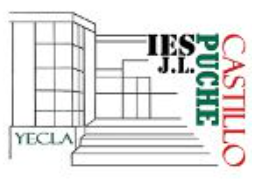

Create4.0 project
General information Project type: Erasmus+ Project title: European Atelier of Crafts 4.0. – Digital Skills and Augmented Didactics applied to the European Atelier of Crafts Model (CR.E.ATE 4.0) Project number: 2021-1-IT01-KA220-VET-000033022 Period: 1.11.2021 – 31.10.2023 UPT Coordinator: Șl. Dr. Eng. Andrei Ternauciuc Coordinator: ECIPA UMBRIA SCARL (IT) Department: UPT e-Learning Center Partners: ECIPA UMBRIA SCARL […]
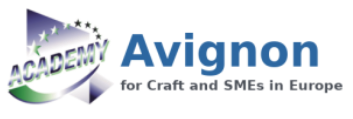

Create4.0 project
General information Project type: Erasmus+ Project title: European Atelier of Crafts 4.0. – Digital Skills and Augmented Didactics applied to the European Atelier of Crafts Model (CR.E.ATE 4.0) Project number: 2021-1-IT01-KA220-VET-000033022 Period: 1.11.2021 – 31.10.2023 UPT Coordinator: Șl. Dr. Eng. Andrei Ternauciuc Coordinator: ECIPA UMBRIA SCARL (IT) Department: UPT e-Learning Center Partners: ECIPA UMBRIA SCARL […]
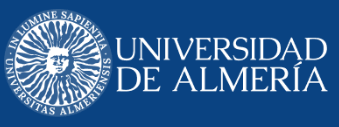

Create4.0 project
General information Project type: Erasmus+ Project title: European Atelier of Crafts 4.0. – Digital Skills and Augmented Didactics applied to the European Atelier of Crafts Model (CR.E.ATE 4.0) Project number: 2021-1-IT01-KA220-VET-000033022 Period: 1.11.2021 – 31.10.2023 UPT Coordinator: Șl. Dr. Eng. Andrei Ternauciuc Coordinator: ECIPA UMBRIA SCARL (IT) Department: UPT e-Learning Center Partners: ECIPA UMBRIA SCARL […]
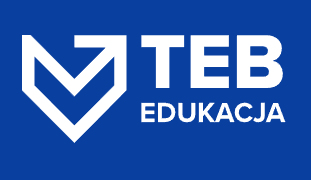

Create4.0 project
General information Project type: Erasmus+ Project title: European Atelier of Crafts 4.0. – Digital Skills and Augmented Didactics applied to the European Atelier of Crafts Model (CR.E.ATE 4.0) Project number: 2021-1-IT01-KA220-VET-000033022 Period: 1.11.2021 – 31.10.2023 UPT Coordinator: Șl. Dr. Eng. Andrei Ternauciuc Coordinator: ECIPA UMBRIA SCARL (IT) Department: UPT e-Learning Center Partners: ECIPA UMBRIA SCARL […]
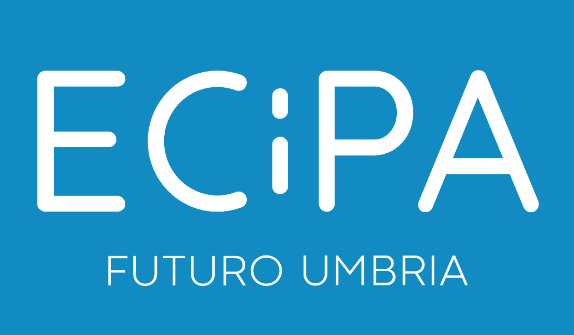

Create4.0 project
General information Project type: Erasmus+ Project title: European Atelier of Crafts 4.0. – Digital Skills and Augmented Didactics applied to the European Atelier of Crafts Model (CR.E.ATE 4.0) Project number: 2021-1-IT01-KA220-VET-000033022 Period: 1.11.2021 – 31.10.2023 UPT Coordinator: Șl. Dr. Eng. Andrei Ternauciuc Coordinator: ECIPA UMBRIA SCARL (IT) Department: UPT e-Learning Center Partners: ECIPA UMBRIA SCARL […]


Create4.0 project
General information Project type: Erasmus+ Project title: European Atelier of Crafts 4.0. – Digital Skills and Augmented Didactics applied to the European Atelier of Crafts Model (CR.E.ATE 4.0) Project number: 2021-1-IT01-KA220-VET-000033022 Period: 1.11.2021 – 31.10.2023 UPT Coordinator: Șl. Dr. Eng. Andrei Ternauciuc Coordinator: ECIPA UMBRIA SCARL (IT) Department: UPT e-Learning Center Partners: ECIPA UMBRIA SCARL […]
